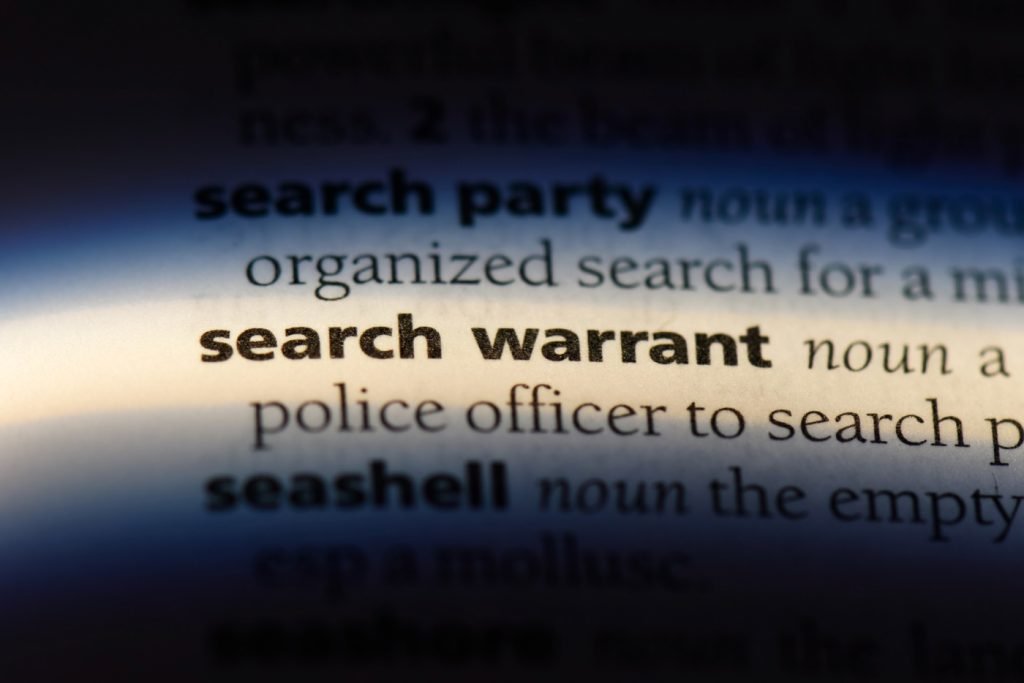With a valid search warrant, the police will enter your home with or without your consent and will not respond kindly to anyone who obstructs their mission. So how exactly do the police get a search warrant?
The Fourth Amendment to the U.S. Constitution prohibits the government from conducting unreasonable searches and seizures without a warrant, based on probable cause, signed by a judge. Meaning, the government cannot just search your home or property on a whim or hunch.
The police can only get a search warrant to enter your home if a judge has determined there is probable cause to search a particular place where incriminating evidence may be located. Some Minnesota jurisdictions, such as Hennepin County, have a rotating “on-call” judge assigned to review all search warrant requests on a particular day or week. In other jurisdictions, the police may approach any judge on the bench to request approval for a search warrant.
For the judge to approve the search warrant the requesting police officer must state under oath his or her belief that specific evidence of a crime will be located in a specific place. Probable cause may be established, for example, based on information passed on by a concerned citizen or a confidential informant. It may contain information the police learned during an undercover “sting” operations. Police may also reference their training and experience, as well as a suspect’s criminal past, is relevant to the determination of the probable cause.
Once the police officer has made a formal statement to establish probable cause, it is up to the judge to approve or deny a request for a search warrant. The judge will look at the totality of the circumstances, or all the available information – including hearsay statements from reliable informants and/or personal observations by police – to determine whether there is fair probability evidence will be found in a particular location.
The warrant should be limited in scope to where evidence may reasonably be located. If, for example, the police are investigating a theft of a motor vehicle and believe the stolen car is located in a suspect’s garage, the search warrant request should be limited to the garage (not the house) where the evidence may reasonably be located.
Knock vs. No-Knock Search Warrants
Once a judge signs the search warrant, the police have ten days to follow through on the search. Generally, when searching for a home with a warrant, police will knock and announce their presence. After a reasonable period of time passes, perhaps 30-60 seconds, the police may gain entry by force.
Additionally, search warrants may only be executed during daytime hours (dawn to dusk), unless the judge determined it is reasonable under the circumstances to conduct a nighttime search. In some circumstance, the judge will authorize a “no-knock” and/or a nighttime search when there is reasonable suspicion that failure to do so would result in possible destruction of evidence, or could jeopardize police officer safety.


